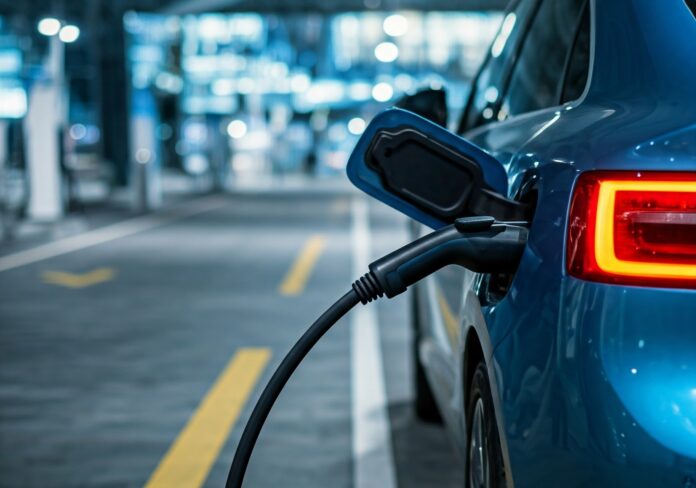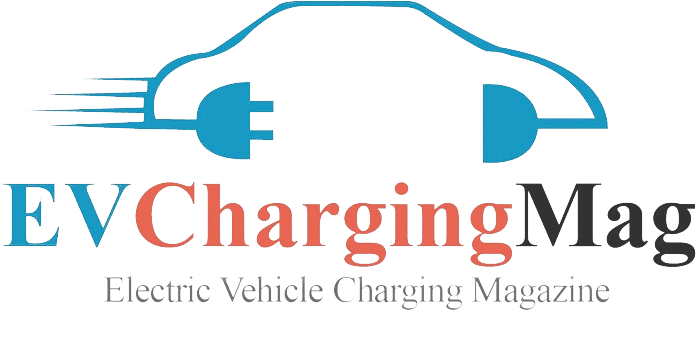Electric vehicles are becoming increasingly common, and for good reason. They offer a cleaner, often more exhilarating driving experience. However, the question of range still lingers for many potential and current EV owners. While modern EVs can travel impressive distances on a single charge, getting the absolute most out of your battery is always a worthwhile endeavor. Whether you’re planning a long road trip or just aiming for maximum efficiency in your daily commute, these practical tips will help you extend your EV’s range.
The Art of Smooth Driving: It’s Not Just About Speed
One of the most impactful ways to boost your EV’s range is by refining your driving habits. Think of it this way: just like flooring the gas pedal in a traditional car guzzles fuel, aggressive acceleration and braking sap your EV’s battery. The secret is smoothness.
- Gentle acceleration is key: Imagine you’re balancing a fragile object on the accelerator pedal. Apply pressure gradually and avoid sudden bursts of speed. This conserves energy and prevents unnecessary drain on the battery.
- Anticipate and coast: Instead of accelerating right up to a red light or slowing traffic, anticipate the situation and lift off the accelerator early. This allows the car to coast, maximizing regenerative braking and minimizing the need for hard braking.
Regenerative Braking: Turning Deceleration into Energy
Regenerative braking (“regen”) is a clever feature that sets EVs apart from gasoline cars. It essentially turns the electric motor into a generator during deceleration, capturing kinetic energy and feeding it back into the battery. Some EVs offer adjustable regen settings, including “one-pedal driving,” where you can control both acceleration and deceleration primarily with the accelerator pedal. This maximizes energy recapture and minimizes wear on your brake pads.
Route Planning and Speed: Navigating for Efficiency
The route you choose and the speed you travel can significantly affect your EV’s range.
- Prioritize lower speeds: While highways are often the quickest route, lower speeds reduce aerodynamic drag, a major energy drain at higher speeds. Consider alternative routes with lower speed limits if range is a primary concern.
- Avoid unnecessary stops: Frequent acceleration and deceleration in stop-and-go traffic consume more energy. Opt for routes with smoother traffic flow whenever possible.
Climate Control and Accessories: Finding the Right Balance
While comfort is important, using climate control features strategically can save energy:
- Targeted heating and cooling: In colder weather, heated seats and steering wheels provide warmth more efficiently than heating the entire cabin. In warmer weather, consider using the “driver-only” mode (if available) or simply reducing the intensity of the air conditioning.
- Minimize accessory use: Other electrical accessories, such as heated mirrors and rear defrosters, also draw power. Use them judiciously.
Battery Health and Tire Condition: Long-Term Range Considerations
Maintaining your EV’s battery and tires is crucial for preserving its range over time:
- Avoid consistently charging to 100%: Most manufacturers recommend limiting regular charging to around 80% to prolong battery lifespan.
- Utilize battery preconditioning: If your EV offers this feature, use it to warm the battery before charging, especially in cold weather. This optimizes charging efficiency.
- Maintain proper tire inflation: Correct tire pressure minimizes rolling resistance, improving efficiency and handling. EV-specific tires, designed with low rolling resistance and other features, can further enhance range.
Utilizing Vehicle Features and Smart Driving Techniques
Many EVs come equipped with features designed to maximize efficiency:
- Explore “Eco” mode: This mode typically adjusts various vehicle settings, such as throttle response and climate control, to optimize energy consumption.
- Consider “coasting” (with caution): Some EVs allow you to disengage regenerative braking for coasting. While this can be efficient on open roads, it’s generally not recommended in city traffic.
The Road Ahead: Driving Further with Efficiency
Maximizing your EV’s range is a combination of smart driving habits, strategic planning, and understanding your vehicle’s features. By implementing these tips, you can not only extend your driving distances between charges but also contribute to a more sustainable driving experience. It’s about getting the most out of your EV and embracing the full potential of electric mobility.

